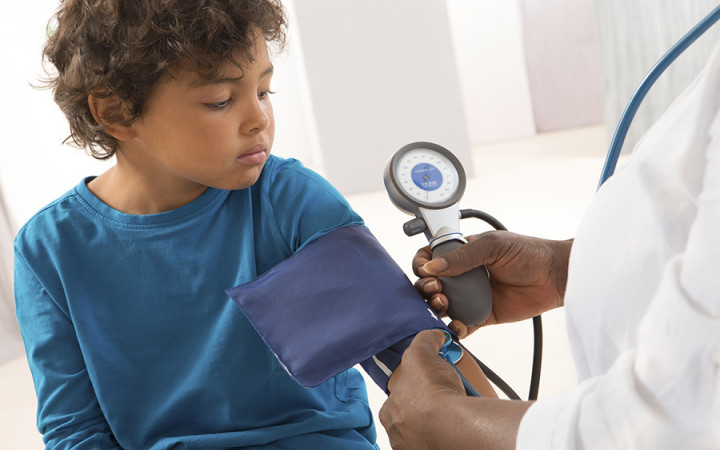Today’s Wonder of the Day was inspired by Ashlyn. Ashlyn Wonders, “Why do we have to go to the doctor's office?” Thanks for WONDERing with us, Ashlyn!
Do you play any sports? Some kids love to play football or soccer, while others might prefer volleyball, softball, or tennis. Whatever sports you play, they're a great way to have fun, get some great exercise, and make fantastic friends!
If you play sports for an organized team from your school or a local club, there's probably one experience you repeat every year: getting your sports physical. The first time you had a physical, you probably WONDERed why in the world you needed to go to the doctor.
After all, you're getting ready to play a sport. You feel fine. You're not sick. You're excited and ready to play. So why do you have to see the doctor? And what exactly is a physical anyway?
"Physical" is short for physical examination. It's an opportunity for a doctor to check you over from head to toe to make sure you're healthy enough to play the sport you want to play. Even professional athletes have to get physicals before each new season.
During a physical, most doctors will start out by asking you questions about your medical history. They want to know what medicines, if any, you take on a regular basis. They also want to know about any medical problems you've had in the past or that run in your family.
After talking about your medical history, the doctor will perform the physical exam. This usually includes measuring your height and weight and then checking or testing a variety of physical factors, such as your body temperature, blood pressure, heart rate, breathing, eyesight, strength, and flexibility.
Hopefully, everything will check out just fine and you'll be on your way to practice in no time. However, even if you have a health problem of some kind, you can usually still play the sports you want to play.
The sports physical will help your doctor, coach, and parents make an informed decision about what precautions you may need to take before or during practices and games. For example, additional treatments or medicines may be necessary to allow you to play to your maximum potential.
Even if you get a sports physical each year, it's still a good idea to get a full physical exam during an annual checkup. Your family doctor has your entire medical history and can often spot changes in your overall health that might be missed by a doctor performing a more limited sports physical.




